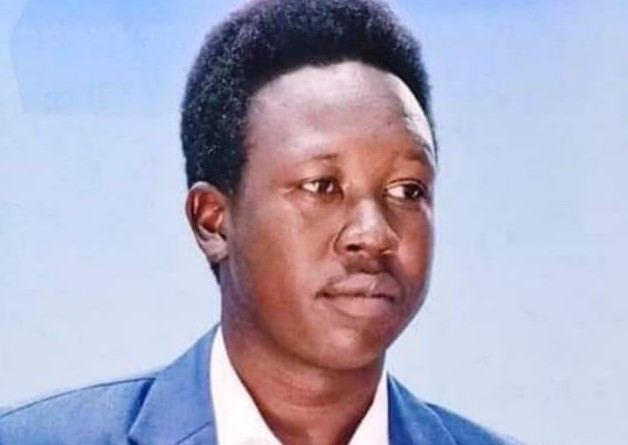South Sudan, the world’s youngest nation, was meant to symbolize hope, freedom, and the promise of building a nation from the ashes of decades of war. Yet, under President Salva Kiir and the SPLM, it has become a cautionary tale: a country shackled by corruption, favoritism, repression, and authoritarian rule.
For South Sudan not to collapse under the weight of mismanagement, Kiir and his SPLM must be removed from power.
Kiir rose to power after the death of John Garang, inheriting a movement that had fought an existential struggle. Many hoped he would transition the SPLM from a liberation movement to a responsible governing party. Instead, he entrenched one-man rule. Institutions meant to check the Executive were weakened or captured, and the SPLM became an instrument of a narrow elite rather than a representative of all citizens.
Recent analyses, including Uganda’s Daily Monitor article; Four Strategies South Sudan’s Elite Use to Cling to Power, highlight deliberate tactics used to preserve the regime. These strategies illustrate why reform within the current system is almost impossible.
Among them is delaying elections to avoid accountability. Elections have been repeatedly postponed—from 2015 to 2018, then 2023, and now projected for 2026. This prevents scrutiny of the ruling elite and allows Kiir to consolidate control, undermining the democratic process.
Civil society organizations and political actors pushing for reform are systematically suppressed. Dissenting voices face harassment, detention, or intimidation, stifling civic engagement and democratic debate.
The regime inflates perceived threats from political rivals to justify repression and maintain a climate of fear. By portraying itself as the only force capable of preserving stability, the leadership perpetuates its unchallenged authority.
Leaders leverage regional tensions to secure external support and legitimize their rule, often prioritizing political survival over national sovereignty and unity.
In the mix too is the looting and misuse of public funds: Reports show billions of dollars siphoned through inflated contracts, ghost soldiers, and programs that never deliver real public benefit, while millions of citizens face hunger and insecurity.
Then there is the overdependence on oil, South Sudan’s resource that has been turned into a tool of patronage rather than development, leaving the economy fragile and overly dependent on volatile revenue streams.
For South Sudan to survive as a sovereign and functioning state, Kiir must be removed and the SPLM power structure dismantled. Reform from within has proven impossible.
A transitional neutral leadership should be established. Inclusive governance should incorporate representatives from all communities and credible technocrats.
Measures must then be taken to ensure justice and accountability. Corruption, the misuse of public funds, and human rights abuses must be investigated and prosecuted.
Free and fair elections should be held for the new beginning. Independent electoral commissions, media freedom, and protection of opposition parties are also essential.
The new leadership should prioritize citizens over patronage. Public services—healthcare, education, infrastructure—must take precedence over elite enrichment.
The building of strong institutions should be prioritized. Judiciary, parliament, anti-corruption agencies, and civil society must gain independence and authority.
Kiir may have been celebrated as a liberation hero, but history will remember him as a leader who dragged South Sudan into poverty, chaos, and division. SPLM, instead of being a vehicle for freedom, has become a cancer perpetuating suffering.
South Sudan now faces a tough choice; to either continue on this destructive path, or make a bold, painful break—cutting ties with Kiir, ending SPLM dominance, and dismantling a system of repression and corruption. The survival of the nation depends on this radical change.
The writer, Mahmoud Akot, is a South Sudanese political activist and former spokesperson of the National Democratic Movement (NDM). He can be reached via email: mahmoudakot@gmail.com
The views expressed in ‘opinion’ articles published by Radio Tamazuj are solely those of the writer. The veracity of any claims made is the responsibility of the author, not Radio Tamazuj.




